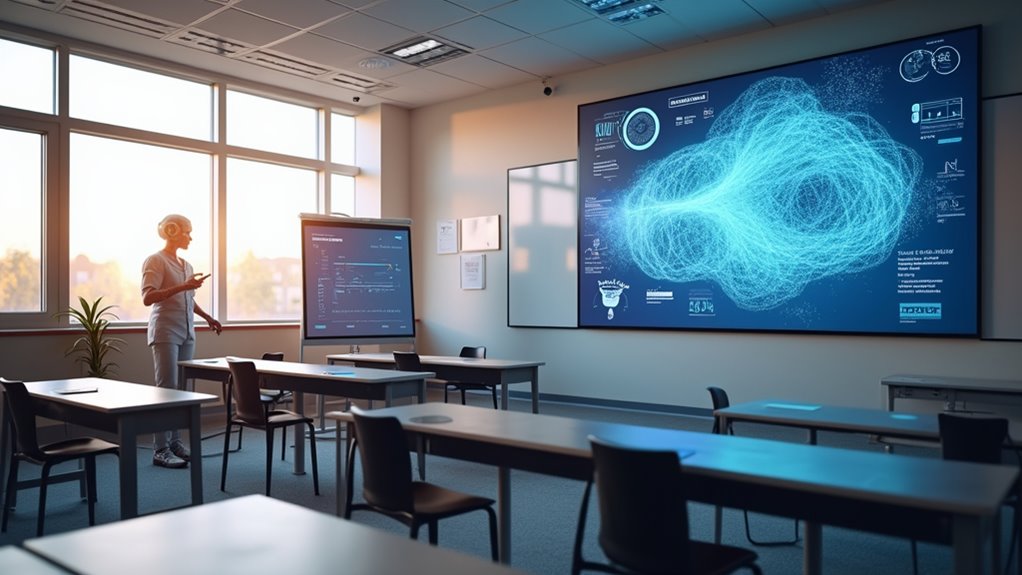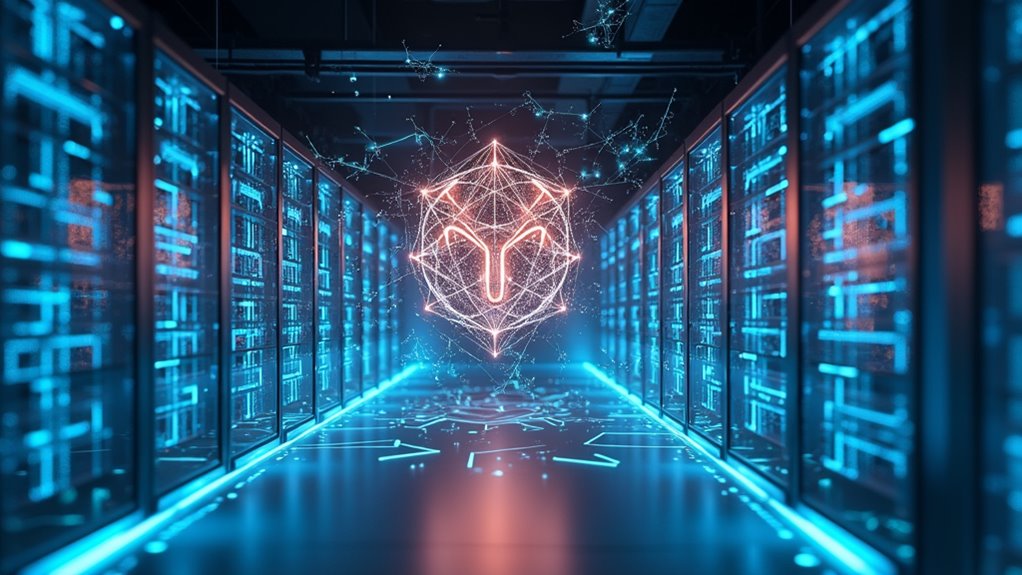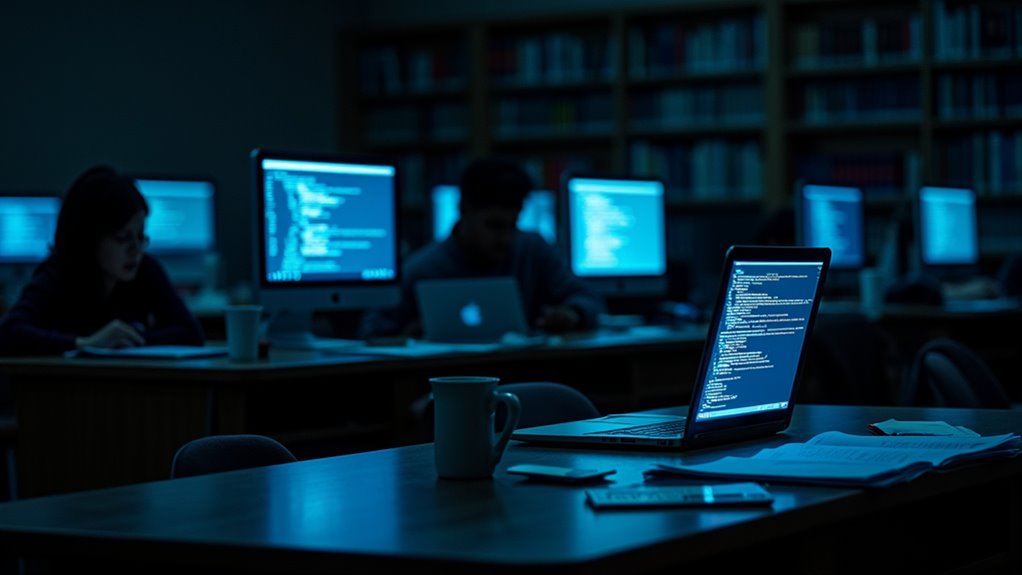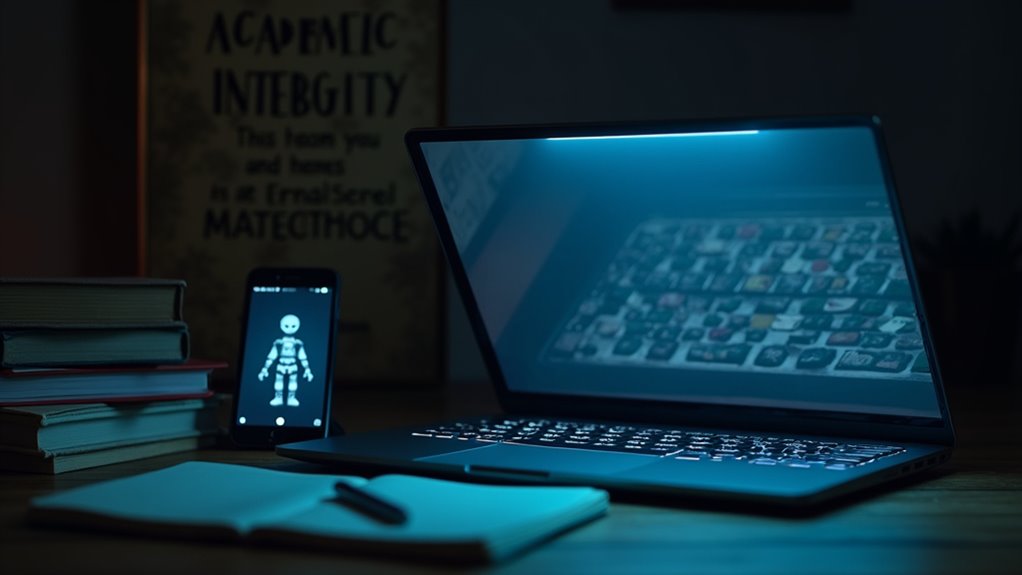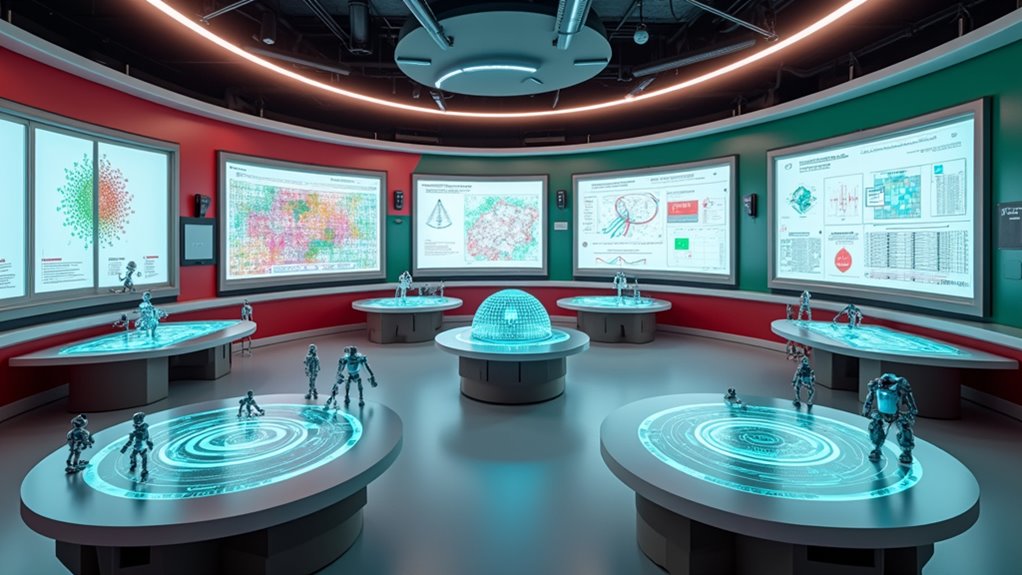While China surges ahead in the global AI race, America’s education system is finally playing catch-up. The White House has disclosed an ambitious initiative to integrate artificial intelligence across K-12 classrooms nationwide, and it’s about time. Our kids need more than just textbooks and standardized tests to compete in tomorrow’s tech-driven economy.
The new curriculum isn’t your typical “computers are cool” program. It’s diving deep into machine learning, data science, and the ethical implications of AI. Students will tackle real-world problems using AI tools, while teachers get crash courses in digital literacy. Think less “how to use Microsoft Word” and more “how to keep robots from taking over the world.” Well, sort of. Co-design principles will ensure educators and students actively shape these AI tools for maximum effectiveness.
But here’s the kicker – implementing this grand vision isn’t exactly a walk in the park. Schools are already struggling with tight budgets, and AI infrastructure isn’t cheap. Teachers are being asked to master complex tech while still trying to figure out why the classroom smartboard keeps freezing. Teachers need comprehensive training and support to effectively implement these new classroom technologies. Adaptive learning technologies have shown promising results in improving student performance.
And let’s not forget the elephant in the room: many schools can barely afford new textbooks, let alone cutting-edge AI systems.
The initiative’s goals are noble enough. Personalized learning paths, instant feedback, and early exposure to AI careers could revolutionize education. But there’s a dark side too. Some worry about over-automation turning our kids into tech-dependent zombies who can’t think for themselves.
AI promises educational breakthroughs, but risks creating a generation unable to function without digital crutches.
Others point to the very real risk of AI-assisted cheating. Because who needs to learn algebra when ChatGPT can solve it instantly?
The global stakes couldn’t be higher. China’s pouring billions into AI education, and they’re not exactly waiting for us to catch up. The White House sees this as more than just education reform – it’s a matter of national security and economic survival.
Public-private partnerships are being formed to bridge the tech gap, especially in underserved communities. But success isn’t guaranteed. One thing’s certain: the AI education race is on, and America’s finally lacing up its running shoes.
